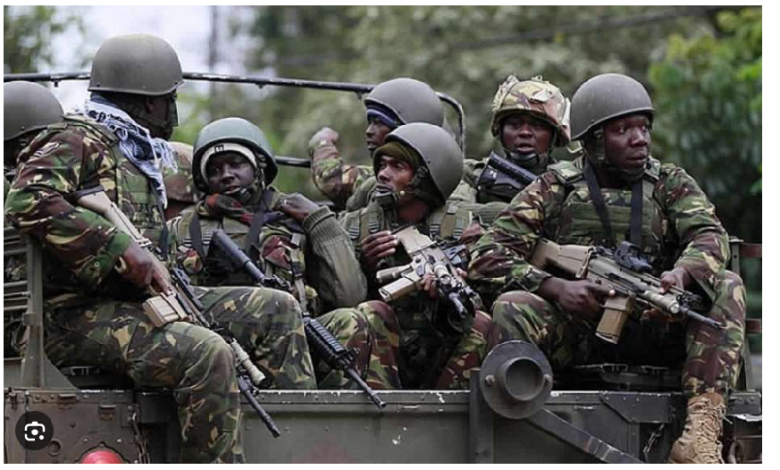Troops Sent to Mion and Kulkpeni Amid Market Disput

- Tensions escalated over the opening of the Kulkpeni market.
- Residents from Yendi and Mion opposed the market.
- Fears of violence led to military deployment.
- The dispute has economic consequences for the region.
The recent deployment of the military to Mion and Kulkpeni was triggered by a violent clash in the Zogbei community of the Mion District. This incident, which occurred two weeks ago, resulted in the tragic loss of over seven lives. The exact causes of the conflict remain unclear, but it is believed to have stemmed from longstanding tensions between different ethnic groups in the region.
The tensions between the Mion and Kulkpeni communities have a deep-rooted historical context. For decades, these communities have been plagued by conflicts over land, resources, and cultural differences. These conflicts have often escalated into violence, leading to loss of life and displacement of residents.
The deployment of the military to Mion and Kulkpeni has both positive and negative implications. On the one hand, it can help to restore order and prevent further violence. On the other hand, it can also escalate tensions and lead to human rights abuses. The military’s presence may also deter civilians from participating in peacebuilding efforts.
While the situation in Mion and Kulkpeni remains tense, there have been some signs of progress. The military has been able to maintain relative peace in the area, and there have been discussions between community leaders about potential solutions to the conflict. However, the long-term sustainability of these efforts remains uncertain.
The decision to open the Kulkpeni market has been met with strong opposition from residents of Yendi and Mion. The primary reasons for this opposition include concerns about the legality of the market, its potential impact on the existing markets in the region, and the perceived unfair advantage it would give to the Konkombas. Traditional leaders from both communities have also played a significant role in the conflict, often inciting their followers to violence.
The market dispute has serious economic implications for the region. If the Kulkpeni market remains open, it could divert trade away from the existing markets in Yendi and Mion, leading to economic hardship for many residents. Additionally, the ongoing tensions and threats of violence have created a climate of fear and uncertainty, which can deter investors and tourists from the area.
As of today, August 23, 2024, the situation in Yendi and Mion remains tense. The military continues to be deployed to prevent violence, but there is no guarantee that the conflict will be resolved peacefully. The future of the Kulkpeni market remains uncertain, and the long-term consequences of this dispute for the region remain to be seen.






